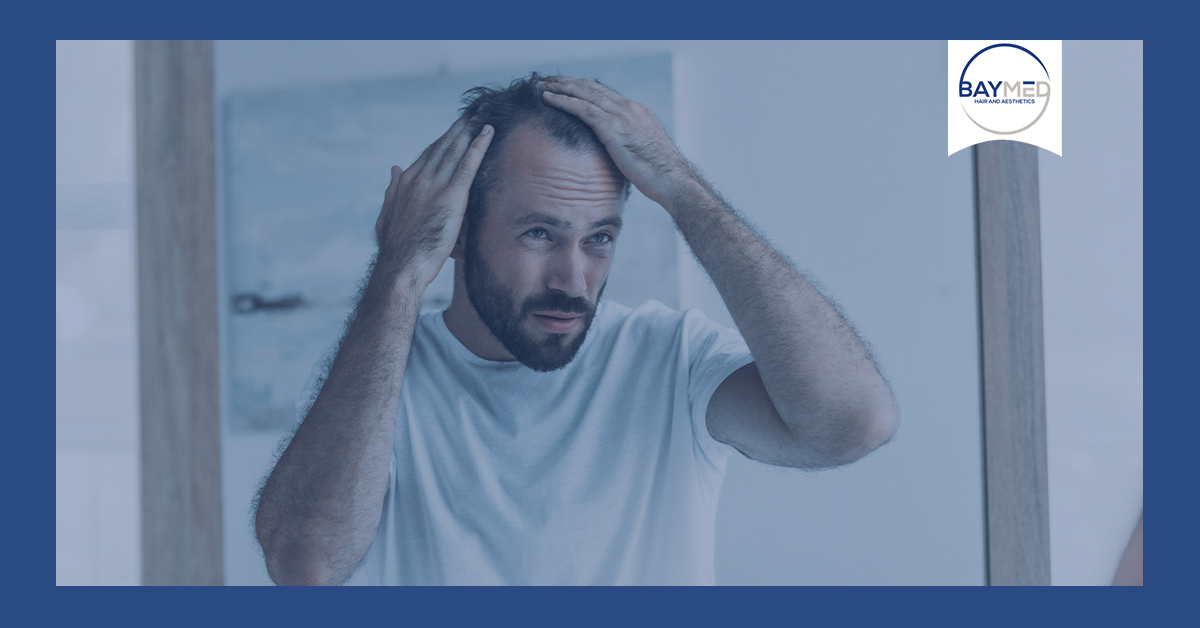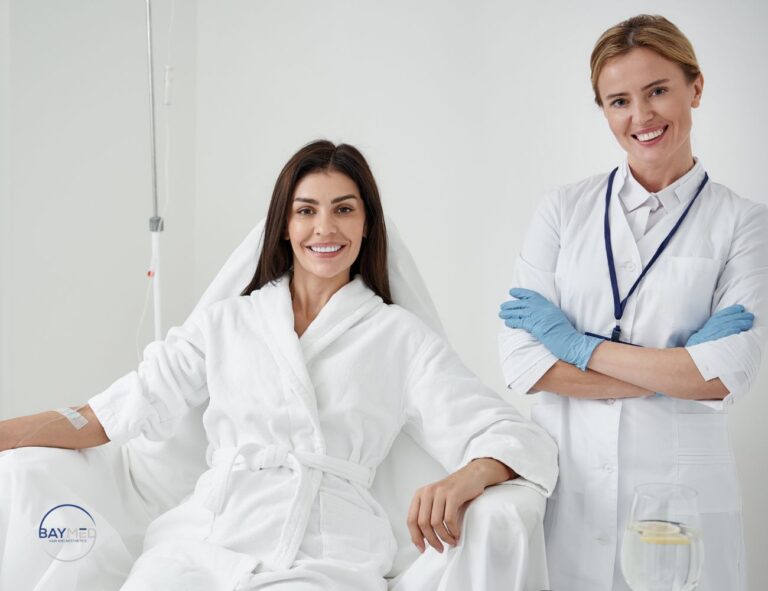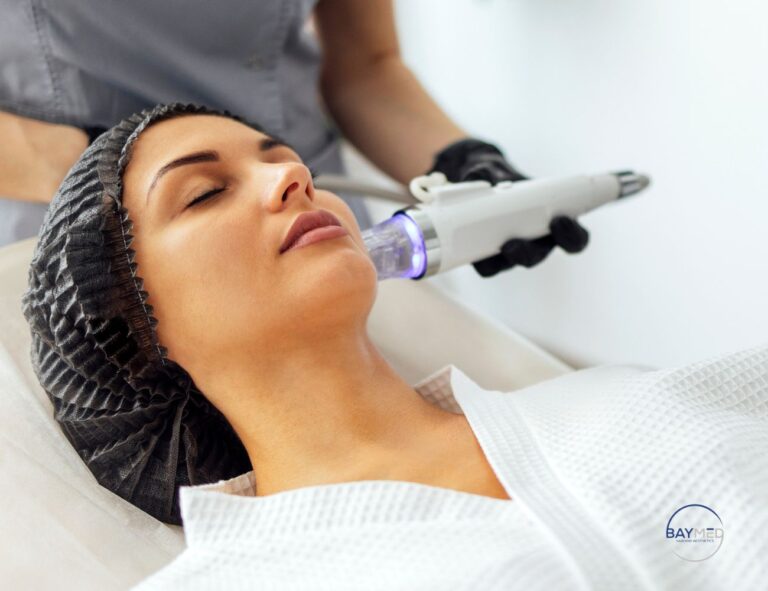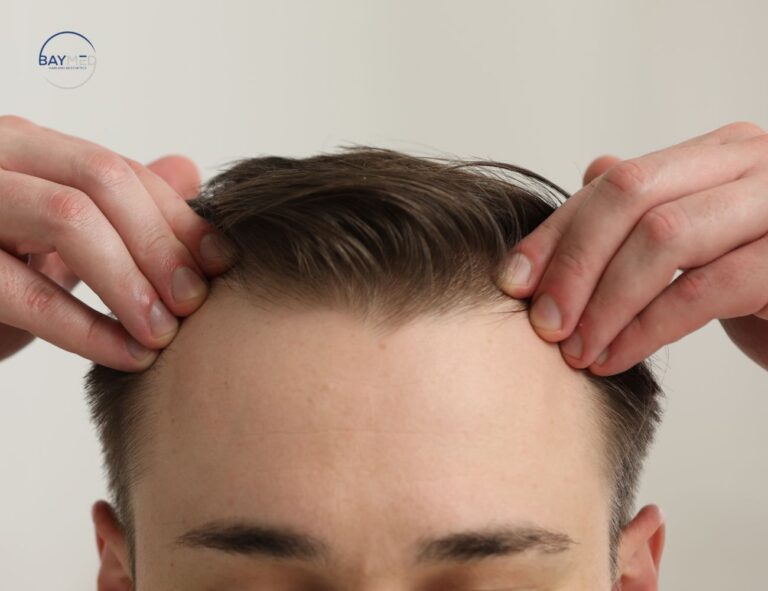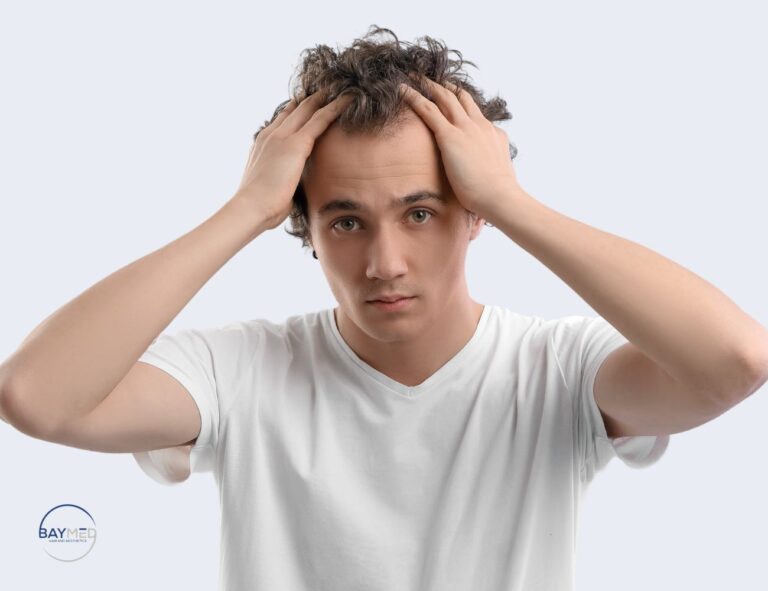Some signs of aging are more visible than others. Whether it’s crow’s feet, age spots or gray hair… we all recognize the telltale signs that our body is getting older. But why do these things happen and what are some of the less visible signs of age? Is there anything we can do about it?
Why Does Aging Cause Hair Loss?
In the normal life cycle of hair, we have hairs that are growing and hairs that are resting – or getting ready to fall out. Because our body loses melanin as we age, some of our hairs will lose their color and turn white or gray.
When our hair goes through the normal shedding stage, the hair growth that replaces it can often be thinner and more brittle. But why does aging have that effect?
One reason is that our hair growth is linked to hormones and when our hormones change, so does our hair. Martha Stewart magazine, citing the International Society of Hair Restoration Surgery and other hair experts, explains it this way: “Hormonal changes can disrupt the hair life cycle, decreasing the growth cycle while extending the resting cycle, at any stage of life, however, and this can result in hair looking thinner in general.”
In short, as our body ages, our hormones change. That affects the way our body uses protein and other hair nutrients. Hormonal changes occur throughout our lives, with women being particularly vulnerable to hormonal hair loss because of things like hormonal birth control.
“Starting or stopping birth control can result in hair shedding. Many women suffer from polycystic ovarian syndrome (PCOS) or hyperandrogenism due to other causes (exogenous testosterone supplementation in post-menopausal women, or use of an androgenic progesterone in the setting of birth control),” the International Society of Hair Restoration Surgery reports.
So, what can you do to change nature? It may be easier than you think.
Can I Stop Hair Thinning As I Age?
For women who are still using birth control, ceasing the use of pills with androgenic properties (or using other medications to get rid of extra androgen) can sometimes help. In post-menopausal women, hormone replacement therapy can often be useful in preventing age-related hair loss.
What Age Does Hair Start Thinning?
For most people, losing their hair starts in their 30s or 40s. Often the loss is gradual, and people may not notice it until they are older… but the process is well underway.
Trichologist and hairstylist Kerry E. Yates, the CEO of Colour Collective, says hair loss can be triggered at any time. “Extreme stress like the loss of a loved one, divorce, or even an illness can cause hair loss, as stress promotes high cortisol levels that can cause the body to shut down your nonessential hair follicles in favor of supporting your other essential functions.”
Additionally, the Mayo Clinic points out that “A physical or emotional shock can cause hair to loosen. Handfuls of hair may come out when combing or washing your hair or even after gentle tugging. This type of hair loss usually causes overall hair thinning but is temporary.” Sadly, as we age, it becomes more likely that something in our lives might go awry. Everything from the death of a spouse to the end of a career to a physical illness can cause hair to loosen and fall out.
So how do you fight age-related hair loss?
Visit the team at BayMed Hair to Combat Age-related Hair Loss
Our team here at BayMed understands there are a variety of factors that can be at play in your hair loss – and a one-size fits all answer doesn’t. We will start with a thorough investigation of what is causing your hair loss and then come up with a recommended treatment plan. Whether it’s as simple as hormone replacement therapy or a little more complex hair restoration surgery, BayMed Hair can help keep you looking good at any age. Contact us today.

